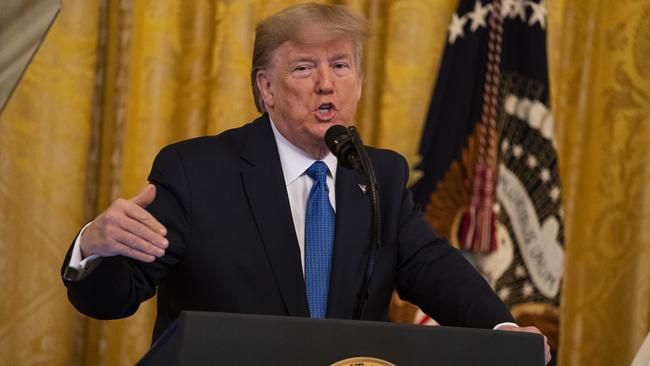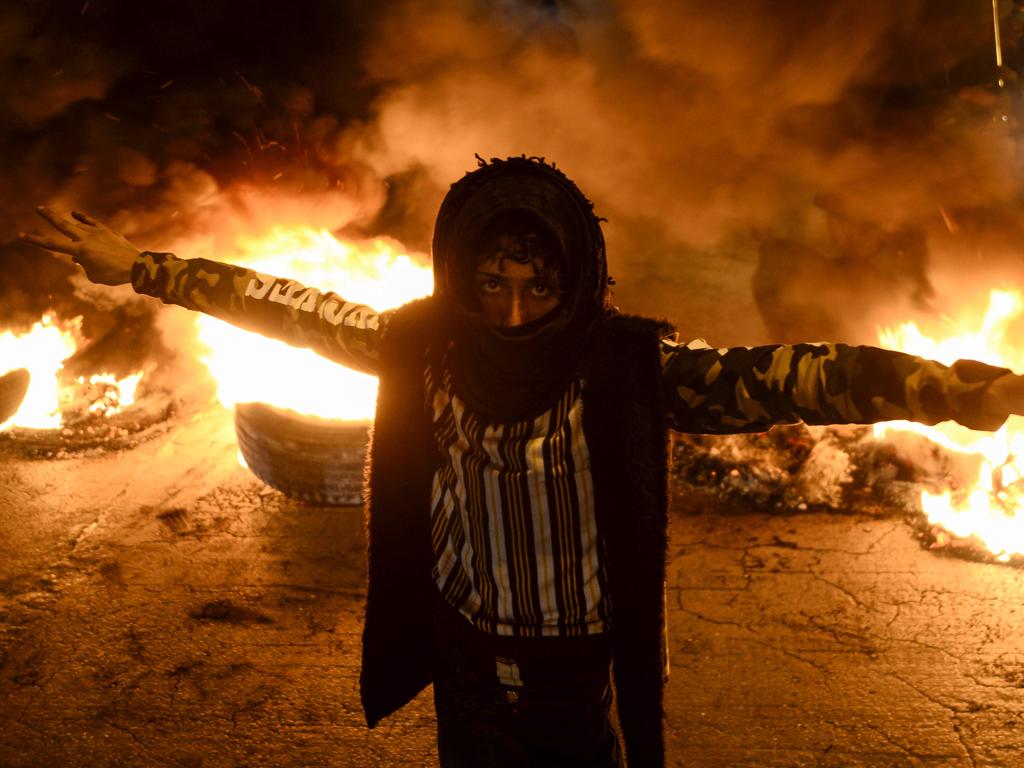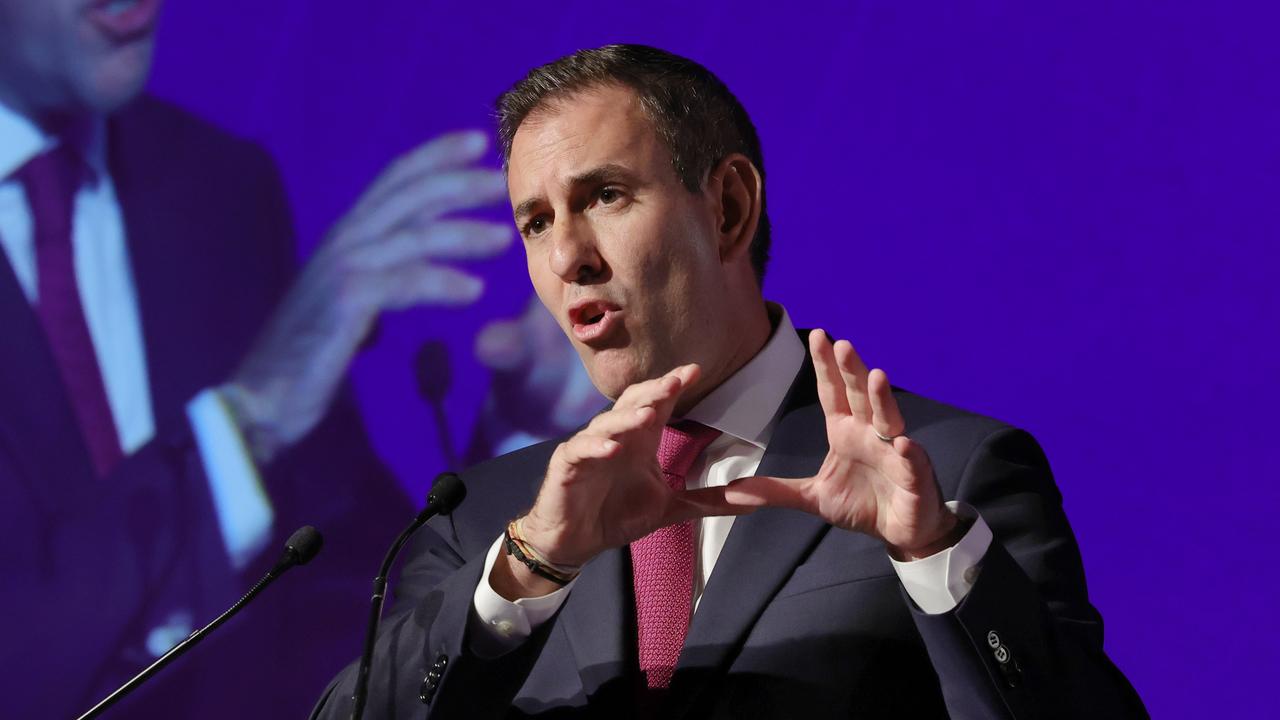
US President Donald Trump announced the Peace to Prosperity plan last week. Consistent with Trump’s political style, it was presented as an appeal to people, not politicians. He drew a distinction between Middle Eastern leaders. The first group is driven by self-interest. It includes ideologues and theocrats who use religion to create discord and excuse ineptitude. In the other category are leaders who work to create the conditions conducive to the flourishing of their people, especially economic opportunities.
Trump acknowledged the importance of religion and ideology to nations, but suggested that practical progress was the first order of business.
The Trump plan marked a significant departure from internationalism. The culmination of the internationalist approach was UN Security Council Resolution 2334, which cast Israel as a coloniser and Palestine as a permanent victim. It denied Israel’s right to land occupied since the 1967 Arab-Israeli war, refused to recognise changes to the 1967 lines and demanded the cessation of settlement activity.
Despite the strident tone of the resolution, the UN called for “both sides to observe calm and restraint, and to refrain from provocative actions, incitement and inflammatory rhetoric”.
The recommendation had a predictable effect; it was ignored. Palestinian Media Watch reported that Fatah celebrated the Security Council vote with a graphic of a Palestinian flag stabbing Jewish settlements. It thanked the countries that supported the resolution, including Angola, Britain, China, Egypt, France, Japan, Malaysia, New Zealand, Russia, Senegal, Spain, Ukraine, Uruguay and Venezuela.
The Australian government criticised the UN resolution and bias against Israel. Throughout 2016, the UN General Assembly had adopted 18 resolutions against the Jewish state. Despite noting the fact, US ambassador Samantha Power did not resile from the US government’s decision to abstain from the Security Council vote. However, critics suggested the abstention was not simply an expression of political neutrality or indecision. Israeli Prime Minister Benjamin Netanyahu said the resolution was orchestrated by the Obama administration and signified a major shift in US foreign policy. In particular, it defined eastern Jerusalem as “occupied Palestinian territory” and, by extension, cast Israel as an illegitimate occupier.
In its new plan for Israeli-Palestinian relations, the Trump administration challenged the illusion of peace crafted by the UN. He noted that despite more than 700 UN General Assembly resolutions and 100 Security Council resolutions related to the Israeli-Palestinian conflict, no peace had been found. The US dispensed with the idea that Israel could survive without expansion. It challenged the denial of Israel’s sovereignty over key parts of Jerusalem and made the case for the state to expand its territorial boundaries on the basis of national security. Such expansion is considered critical to defence against hostile Middle Eastern powers and non-state actors seeking the Jewish state’s destruction.
The Trump administration made clear it rejected the argument that settlements beyond the 1967 lines violated international law. It recognised Israel’s sovereignty over disputed territories and explained why they were critical to the geopolitical security of the state. However, the administration also made the cessation of settlement activity a requirement of the new deal. As part of the rules of conduct for negotiation, Israel would have agreed not to construct, expand or plan any new settlement areas.
On the face of it, the new deal provided ample opportunity for Palestinians to thrive. It put an end to Israeli settlement activity. It proposed a new state substantially larger than the territories under Palestinian administration today. It offered a generously funded plan for nation building. The economic framework along with sections on empowering people through enhanced healthcare, education, good governance and economic prosperity provided for the flourishing of Palestinians.
However, the proposal that any future state of Palestine be demilitarised was always unlikely to succeed in a context where trust is low and tensions run high. Palestinians are reared to believe they are an oppressed people of a colonised state. Jihadi groups capitalise on any perceived slight to emphasise the sense of perpetual victimhood. As such, any plan that asserts Israel’s security responsibility over Palestine will struggle to gain political or popular support.
Palestinian Authority President Mahmoud Abbas rejected the plan outright and called for closer ties with Hamas, the Islamist terrorist group that governs Gaza. Both the PA and Hamas refuse to recognise Israel as a legitimate state. On Saturday, the Arab League joined Abbas in rejecting the peace plan.
The Trump administration’s plan for a two-state solution offered a more detailed vision of what the future states of Israel and Palestine might look like.
The PA adopted a recalcitrant position from the outset by refusing to take part in negotiations. It has neglected to provide a constructive critique of the plan, and it has not presented an alternative vision. The Arab League could have carved out a compromise but has rejected political realism.
Practical progress was the organising principle of the Trump administration’s plan for peace in the Middle East. It recognised that Palestinians could not enjoy the prosperity that should be their birthright while their leaders reap the fruit of discord.
Self-determination is realised through the process of building a nation that reflects the culture, beliefs and aspirations of its people. It is sustained by a system of government that provides for the realisation of individual potential by removing obstacles to opportunity. The Peace to Prosperity Plan was not perfect, but it offered the Palestinian people a path to self-determination. Now, all that remains is a state in limbo.






The US government presented a plan for Israel and the Palestinian territories that repudiated hyper-globalism. It recognised nationhood as the right to self-determination made manifest. It acknowledged the equal right of Israelis and Palestinians to a nation that reflects their different cultures, aspirations and hopes for the future. It took aim at leaders who advance the cause of ideology at the expense of people’s welfare. But the Arab League rejected the plan outright.